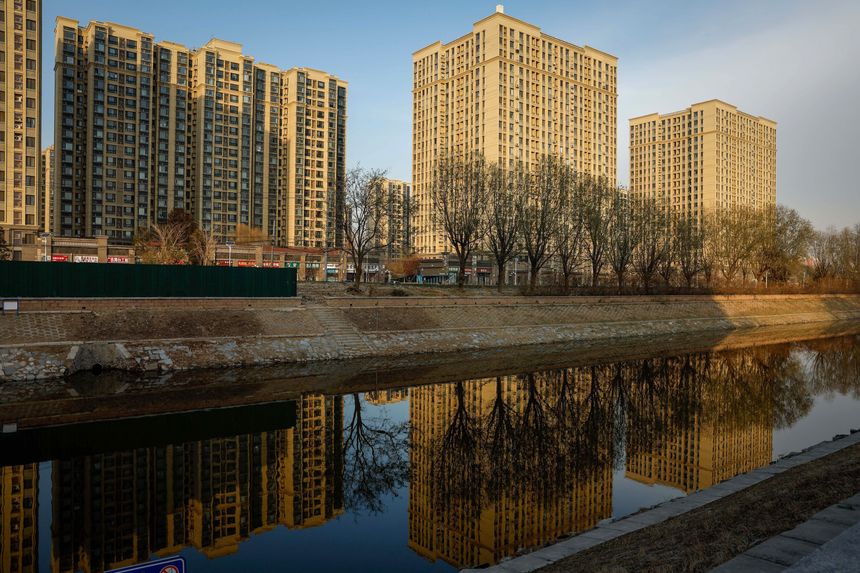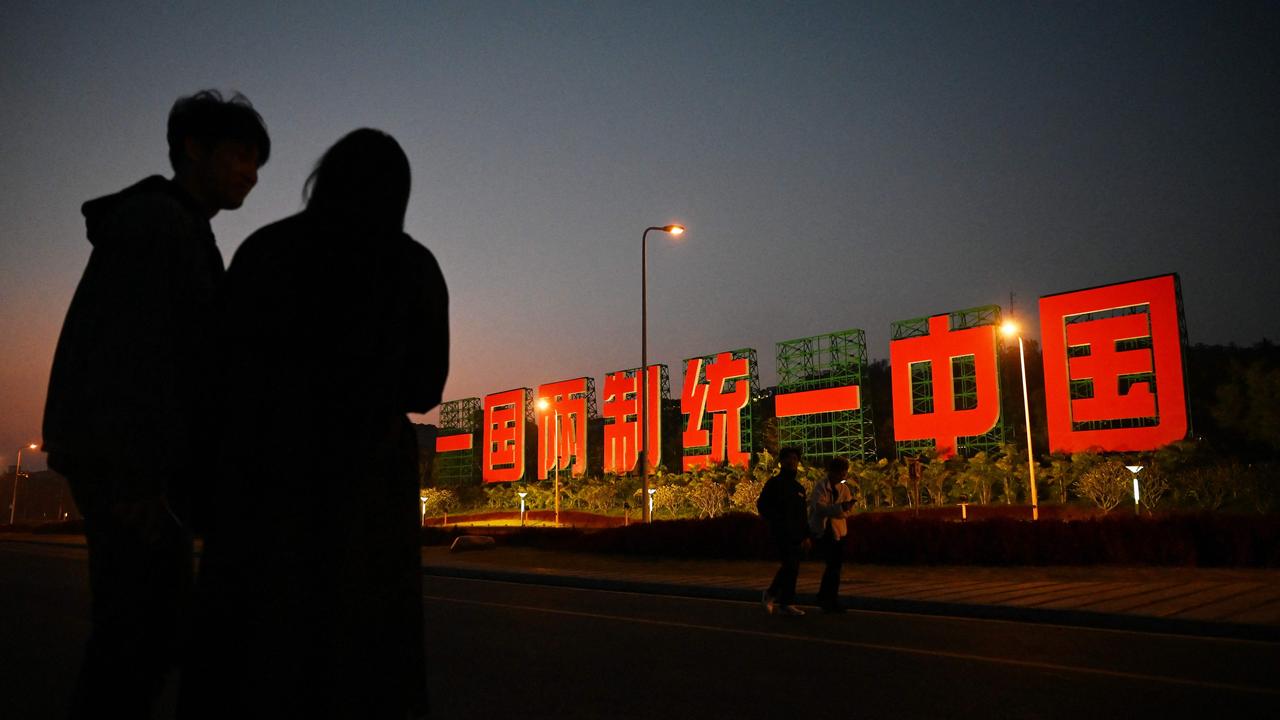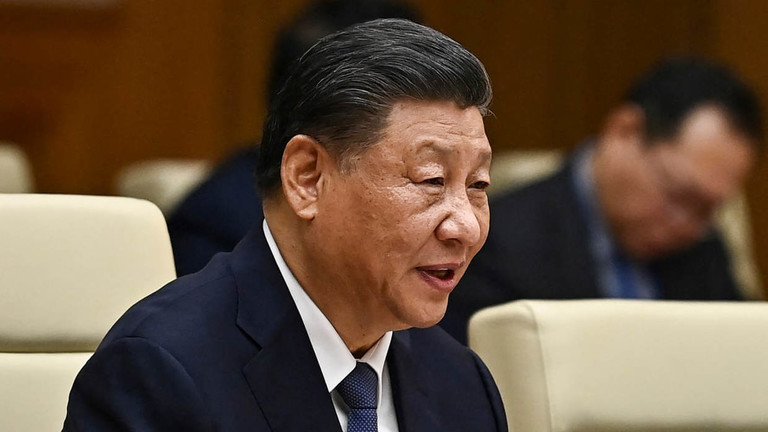This article is more than
4 year oldChina approves sweeping national security legislation for Hong Kong, jeopardizing the city's autonomy

China approved sweeping new national security legislation for Hong Kong on Thursday, in a move that jeopardizes the city's autonomy, has sparked pro-democracy protests and drawn fierce criticism from the United States.
Critics have warned the law could spell the end of Hong Kong as a global financial hub. The legislation's adoption by China’s National People’s Congress, the nation's rubber-stamp Parliament, comes less than 24 hours after the Trump administration said that it no longer considers the former British colony to be autonomous from mainland China.
A "disastrous decision," U.S. Secretary of State Mike Pompeo said Wednesday, denouncing the law. It bans sedition, secession and other forms of subversion against Beijing. It also allows China's state security agencies to operate in the city.
Beijing vs. Washington:Pompeo declares Hong Kong no longer autonomous from China in a move that threatens to escalate US-China tensions
President Donald Trump has signaled he is considering sanctions or other punitive measures such as visa restrictions or tariffs against China for the move.
It erodes Hong Kong's "one country, two systems" political, legal and economic framework, in place since 1997. The policy, set to expire in 2047, enshrined freedoms of speech, press, assembly and an independent judiciary.
Hong Kong has swiftly become a new battleground in escalating Cold War-like tensions between Washington and Beijing. The world's two largest economies have for years sparred over areas from human rights to technology.
However, despite the signing of the first phase of a trade deal in January, relations between the superpowers have deteriorated sharply in recent months as each side has accused the other of wrongdoing over the coronavirus outbreak.
Read More (...)Newer articles
<p>Porn star Stormy Daniels has gone to town on Donald Trump in court saying “nobody would ever want to to publicly” admit they had sex with the former president.</p>
Justin Bieber announces huge personal news
How Kendrick Lamar and Drake changed rap beefs forever Rapid-fire releases and fast pace of modern life elevate diss war to levels unparalleled in hip-hop history.
Kendrick Lamar Beat Drake By Being Drake
Miss Teen USA resigns days after Miss USA departure
UN assembly urges Palestine membership after vote
Sean 'Diddy' Combs asks judge to reject lawsuit alleging rape of 17-year-old girl in 2003
Justin Bieber and wife Hailey drop major announcement after crying photos cause concern
Ukraine finds itself in a grave situation. Russia appears to be advancing
Island nation erupts into violence, three dead




